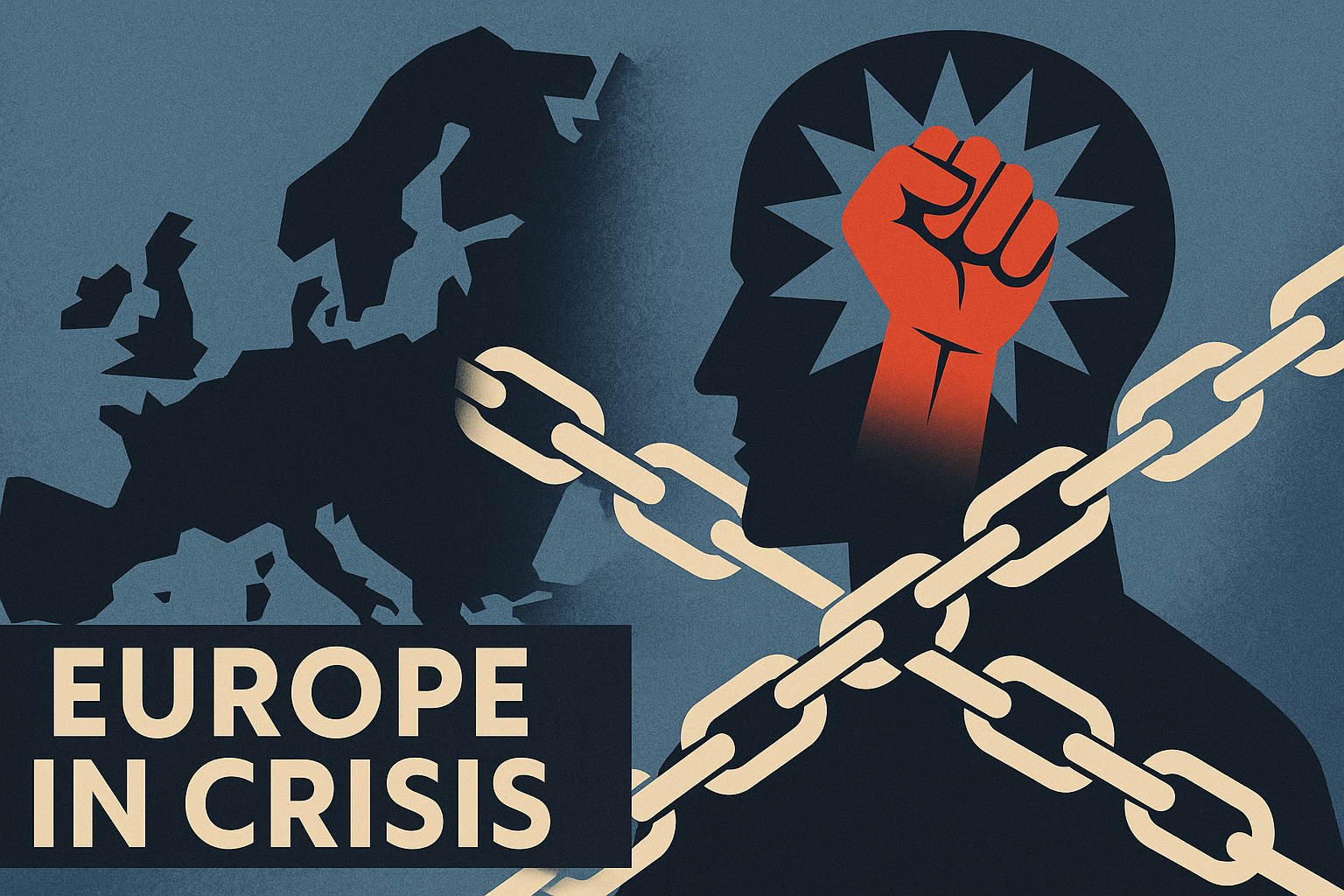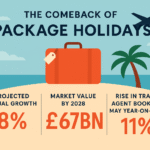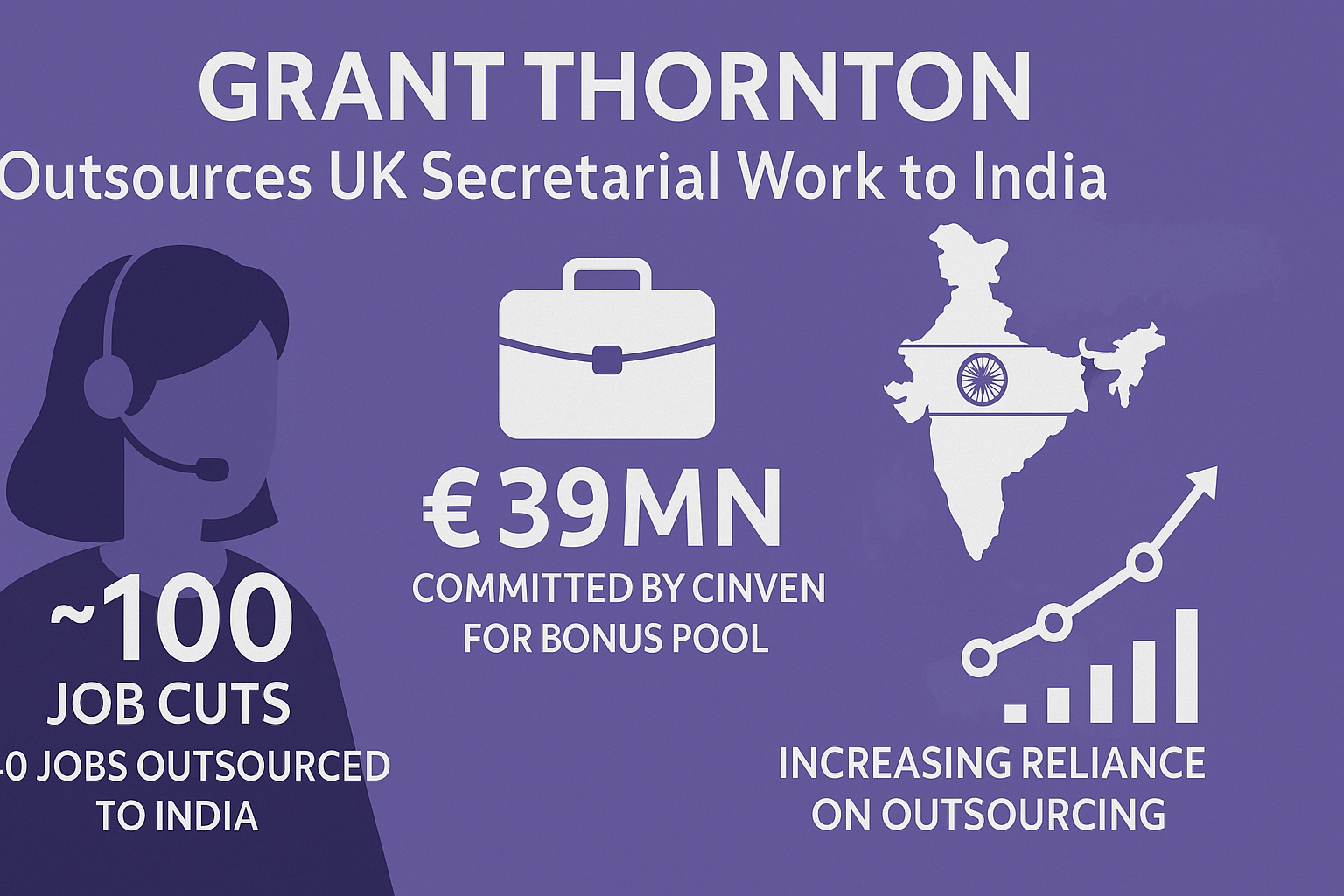Europe’s handling of Donald Trump’s return to the White House has sparked intense debate, with critics arguing that European leaders are compromising their principles in the name of pragmatism. From agreeing to NATO defence spending targets of 5% of national income to accepting a trade deal disadvantageous to the EU, the continent’s leadership has increasingly chosen accommodation over confrontation.
Flattery and Concessions
When Trump resumed the presidency, European leaders initially seemed uncertain about how to engage with him. Their strategy has since become clear: flatter him publicly while conceding privately. Officials argue this approach is pragmatic, helping avoid more damaging outcomes such as the collapse of Ukraine’s defence or an outright trade war.
Three main justifications are often cited:
- Flattery costs nothing and helps maintain dialogue.
- The current compromises are seen as less harmful than potential alternatives.
- Many of Europe’s pledges — such as the 5% defence spending and promises of large US investments — are not realistic and unlikely to be fully implemented, but are presented in ways intended to appease Trump.
The Risks of Opportunism
Critics argue that this stance is not true pragmatism but opportunism, which undermines both Europe’s credibility and democratic principles. By aligning with Trump’s style of politics — marked by personal bargaining, media spectacle, and public displays of submission — Europe risks normalising authoritarian behaviour on the international stage.
This approach has weakened Europe’s ability to defend rules-based international order, such as the World Trade Organization’s principles, and diminished its capacity to lead a coalition resisting protectionism and unilateralism. More significantly, it has disappointed those in the US who hoped Europe would stand firm against Trump.
Erosion of Democratic Trust
The political cost is considerable. By making promises they have no intention of keeping and refusing to publicly acknowledge their true strategies, European leaders risk eroding trust in liberal democracy. Citizens cannot meaningfully support policies if their governments conceal their real intentions, leaving a vacuum in which anti-European and populist movements gain strength.
As Trump leverages his political style globally, Europe’s embrace of short-term deals over transparent policymaking risks further “Trumpification” of European politics — reducing accountability and fostering a “trust the leader” culture at odds with democratic traditions.
A Missed Alternative
Observers note that a different course was possible. Earlier this year, Ukraine’s President Volodymyr Zelenskyy faced down Trump directly during a tense Oval Office exchange and emerged unscathed, returning later with his position intact. Many argue this firm stance, rather than acquiescence, should have been the example for European leaders to follow.








